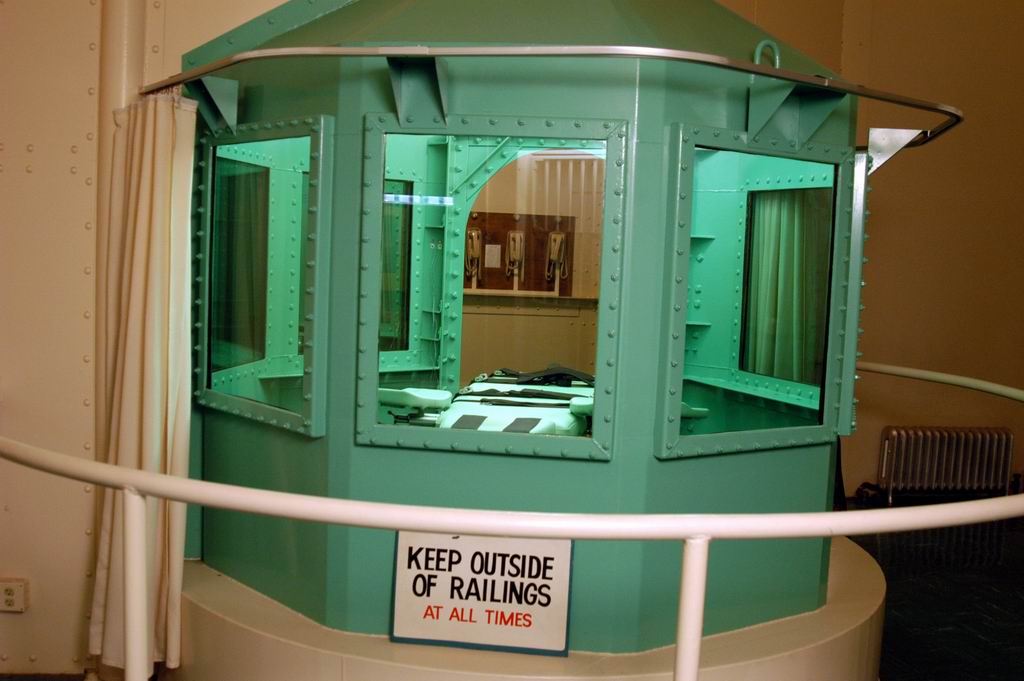 |
| San Quentin Prison's disused gas chamber |
As Boer Deng and Dahlia Lithwick argued in Slate, opponents of the death penalty inadvertently have made lethal injection less safe, by forcing prison officials into using inferior methods and substandard drug providers. As the states struggle to obtain drugs, such as pentobarbital, for lethal injections because of an
export ban by the European Union, lethal injection has been turned from a method of execution into a medical experiment.
Proponents say that death by nitrogen, by contrast, adheres to the constitutional prohibition against cruel and unusual punishment. The condemned prisoner would detect no abnormal sensation breathing the odorless, tasteless gas, and would not undergo the painful experience of suffocation, which is caused by a buildup of carbon dioxide in the bloodstream, not by lack of oxygen.
The last gas chamber execution in the U.S. was in 1999—the method fell
out of favor because hydrogen cyanide is a poison causing suffering that
lasts 10 minutes or longer.
This new proposed method, known as nitrogen asphyxiation, seals the condemned in an airtight chamber pumped full of nitrogen gas, causing death by a lack of oxygen. Nitrogen gas has yet to be put to the test as a method of capital punishment—no country currently uses it for state-sanctioned executions. But people do die accidentally of nitrogen asphyxiation, and usually never know what hit them. (It’s even possible that death by nitrogen gas is mildly euphoric. Deep-sea divers exposed to an excess of nitrogen develop a narcosis, colorfully known as “raptures of the deep,” similar to drunkenness or nitrous oxide inhalation.)
Source: Slate, Tom McNichol, May 22, 2014










